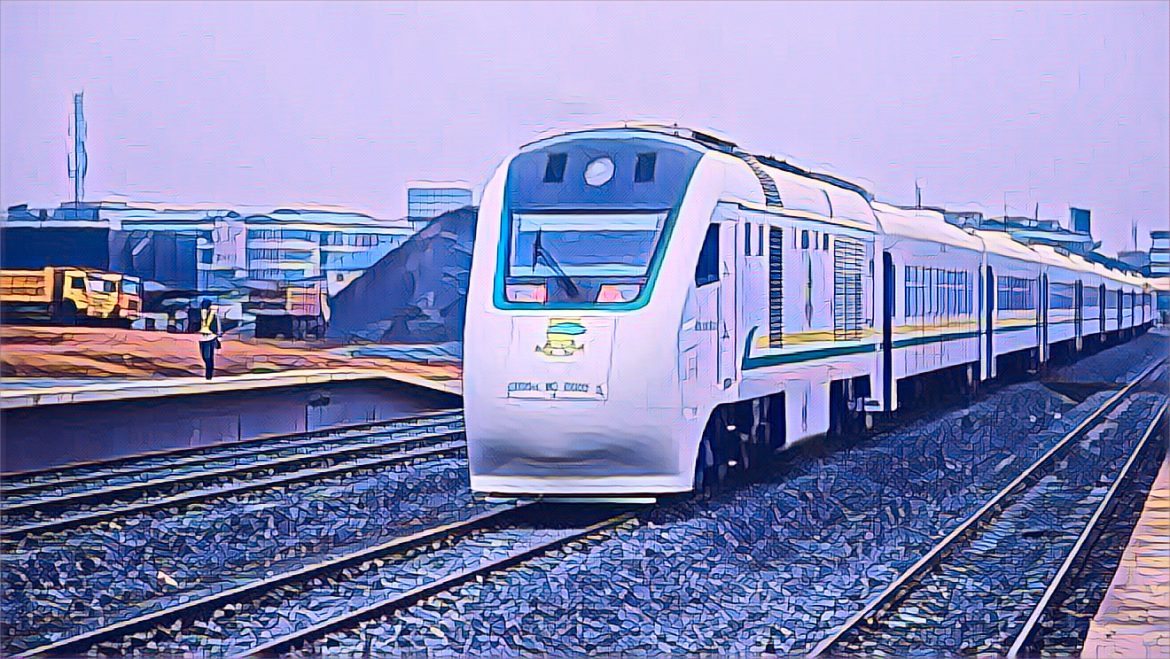The Nigerian transportation sector received a welcome boost recently with the announcement that the long-awaited Port Harcourt-Aba rail line will be linked to both Port Harcourt and Onne Ports in Rivers State. This strategic move, directed by the Federal Minister of Transportation, Senator Saidu Alkali, aims to significantly improve cargo movement within the region.
Freight Operations on Track, Passenger Service Faces Short Delay
While inspecting the progress of the Port Harcourt-Aba railway track reconstruction, Senator Alkali acknowledged a slight delay in the previously announced launch date for passenger train operations. The service, initially scheduled to begin in March 2024, is now expected to commence in April due to unforeseen technical issues encountered during construction. The Minister expressed his disappointment with the missed deadline but reassured the public that the contractor has committed to a firm launch by April.
Minister Emphasizes Government’s Commitment
Despite the short delay in passenger service, Senator Alkali emphasized the unwavering commitment of the Federal Government to improving Nigeria’s rail infrastructure. He highlighted ongoing efforts to secure financing for the standard gauge rail projects currently underway across the country. The decision to link the Port Harcourt-Aba rail line with the ports underscores the government’s focus on boosting freight movement and stimulating economic development in the region.
The connection between the rail line and the ports is expected to yield significant benefits for the Nigerian economy. Streamlining cargo transportation by linking these vital points will reduce reliance on road haulage, a method often plagued by congestion and inefficiency. This shift towards rail freight is expected to improve overall logistics efficiency and reduce transportation costs for businesses.
The Port Harcourt Rail Line as a Key Player
The Port Harcourt rail line development aligns perfectly with the government’s broader strategy to revitalize the transportation sector and unlock its potential to drive economic growth. While minor setbacks like the recent delay can occur, Nigeria’s rail sector appears to be on the right track for a period of significant growth and development. The Port Harcourt rail line, with its freight operations commencing soon and passenger service expected to follow in April, is poised to be a key player in this exciting chapter for Nigerian transportation.
The linking of the Port Harcourt-Aba rail line with the ports signifies a crucial step forward in modernizing Nigeria’s transportation infrastructure. The improved efficiency and cost-effectiveness offered by rail freight are expected to stimulate economic activity in the region and across the country. While acknowledging the short delay in passenger service, the Nigerian government’s commitment to completing the project and fostering a robust rail sector offers a glimpse into a b
Source: Punch


